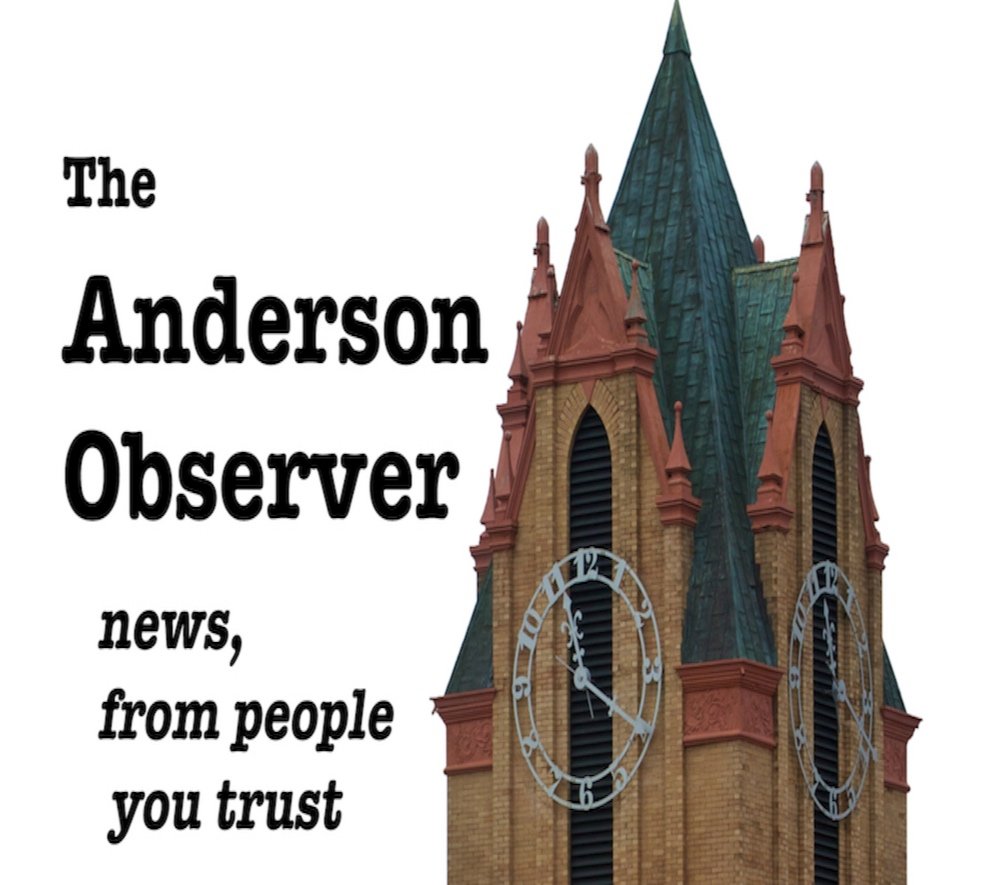Opinion: 3 Modest Proposals to Protect, Empower Voters
Greg Wilson/Anderson Observer
As voters head to the polls in Anderson County for the South Carolina Primary Runoff Elections Tuesday, it’s a good time to consider a few modest changes that would improve both voting integrity and the voting experience.
The first would be an easy fix. Dozens of voters have complained of being inundated with greeters and hand shakers lining sidewalks at polling places suggesting which candidate is most deserving of support. While this does not violate the spirit of the law in South Carolina, which prohibits campaign materials of any kind within 200 feet of polling locations, it certainly violates the spirit of the law, which is aimed at allowing voters to exercise their civic duty without harassment or undue influence. At least two elderly voters in Anderson have told me they went prepared to vote and got confused and felt intimidated after being overwhelmed by those campaigning at the door of their precinct. This needs to stop.
Some candidates have mobilized shifts at every polling location to do last minute stumping, something that is both irritating and even a bit subversive. Candidates have months to campaign, and passing a statute that prohibits anyone within 200 feet of polls other than voters entering to vote and election workers would clean up the shady process.
This should be a bipartisan effort, providing greater integrity to the voting process and making the experience less invasive. There are no solid arguments for allowing such harassment of voters, and it would be a simple thing for the General Assembly to amend the campaigning restrictions to add any form of greeting or hand shaking by non-election workers pushed out to the 200-feet mark with the other materials.
A second proposal would require a new legal challenge to rewind to the days before the Supreme Court's 5-4 First Amendment decision in 2010 that extended to corporations for the first time full rights to spend money as they wish in candidate elections — federal, state and local. The decision reversed a century of legal understanding, unleashed a flood of campaign cash and created a crescendo of controversy that continues to build today.
For most of the country’s history, candidate elections remained free of direct corporate influence under federal law. Only money from individuals and groups of individuals, such as political action committees, were permitted in federal elections.
The decision bypassed the reality that corporations only donate huge sums to candidates with the expectation they will receive favorable treatment by elected officials they support.
The move has also manifested itself in ways the court did not envision, loosening laws on PACS in addition to allowing any corporate group to create and send out materials in any election, even materials not endorsed or authorized by the candidates themselves. This has opened the door for groups to sabotage a campaign under the guise of being supportive of a candidate by misrepresenting the candidate in mailings and advertising.
It has happened to candidates in this year’s primary elections locally, and again in the primary. Mailers from both well-meaning and from unknown sources sending out campaign materials leaving both candidates and voters confused at times.
One person, one vote, should extend the law to only allow contributions to candidates from voters who can actually cast a vote for that candidate. This in no way infringes on the free speech rights of groups or corporations wishing to weigh in on elections, it simply forbids them making financial contributions. It would be a very simple law to write, but obviously raise the ire of those who are petrified of running for office without the massive influx of outside cash.
And that’s exactly what most of the non-voter contributions are, cash from outsider groups who seek to influence local elections for agendas beyond what are in the local community’s best interests. Limiting every penny donated to those who can actually cast votes would be both revolutionary and healing for the process.
The final idea is to either make November elections days national holidays to provide working-class people more opportunities to vote. Voting by mail does give these voters one option, but it is not the same as voting on election day. Replace Presidents’ Day. These leaders would be better honored by robust voting turnout. If Congress is reluctant to make such a decision, then move election day to the first Saturday in November.
The original date was set in 1845, when most of the country was made up of farmers, who spent much of the year planting, tending and harvesting crops. Early November was chosen because the harvests were over and the weather had not turned to winter. Tuesdays were chosen for some of the same reasons.
Sundays were out, since most of the population were devout Christians. Wednesdays were market days for farmers, and many needed a travel day to reach polling locations. So they landed on Tuesday.
Tuesday voting today, in an economy with less than 10 percent employed agriculture, reduces voter turnout, since most Americans are at work on Tuesdays. Making it a national holiday or moving the day to Saturday, would offer the opportunity for more citizens to take part in the voting process.
And that’s the goal of these modest proposals, to return the power of elections to the voters by protecting them at the polls, keeping outside money from campaigns and providing an election day when most are not at work. Two-thirds of eligible voters do not vote. These simple steps might just get more voters to the polls.
